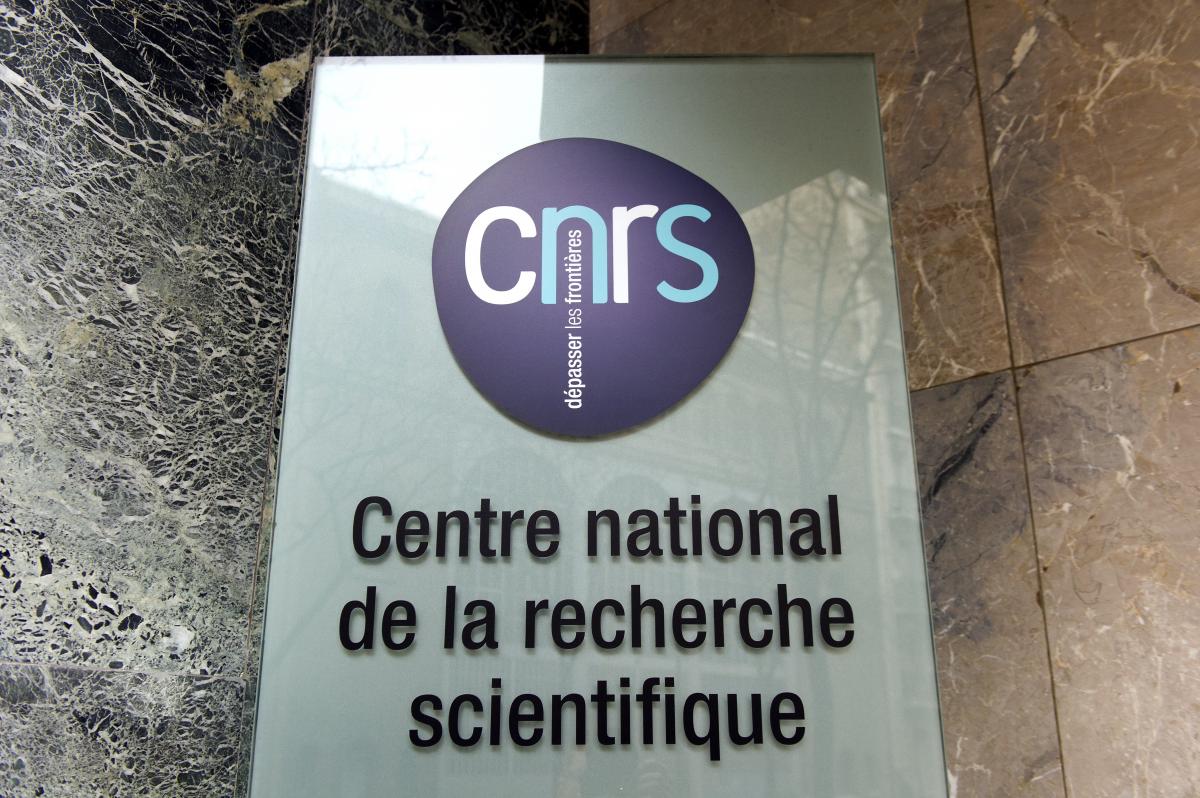A report on Monday recommended reviewing the place of the National Center for Scientific Research (CNRS) in its relationship with universities, while strengthening its financial sustainability to better retain the best researchers.
The report, commissioned by Hcéres (High Council for the Evaluation of Research and Higher Education), is the result of an evaluation committee of sixteen experts from ten nationalities.
He describes the public institution created in 1939 as a “world-class premier research institution.” And it readily recognizes its role as a “leader in Europe” through its reputation, its size (with the equivalent of 31,000 employees) and its scope through ten scientific institutes covering all fields of science (mathematics, physics, social sciences, etc.). .).
However, a committee chaired by Martin Vetterli, president of the École Polytechnique Fédérale de Lausanne, recommends a management review.
He assesses that his board of directors “does not play a very strategic role”, and many decisions are “obviously predetermined” and made in a non-transparent manner.
The committee recommends the establishment of an “independent external advisory board” for scientific guidance, including a “high proportion of foreign members”.
At a press conference, Mr. Vetterli justified the direct tone of the report by the need to “not mess around.” With the desire to “help CNRS to be better”.
CNRS president Antoine Petit also said he was satisfied, in comments to AFP, with the “general tone of the report”, which should “be able to help CNRS develop”.
This is the first time, since its establishment, that the organization has been subjected to an international evaluation.
“Hard to understand”
The CNRS consists of a thousand research units, almost always shared – within mixed research units (UMR) – with universities, large schools and other institutions.
This UMR mechanism, a “unique situation” in the world, “does not promote agility”, although “research-intensive” universities have emerged, according to the report. Who is in favor of leaving the “leadership in certain topics” to the latter.
The report also advocates greater autonomy for UMRs, by strengthening the role of directors in their unit’s research, particularly in resource allocation. The current process of allocating these resources, through the CNRS institute, is “very difficult to understand,” the report said.
Several difficulties weigh on the stated goal of “attracting, supporting and retaining the best talent”, especially young researchers.
The report points to a “continuing deterioration in income levels”. And the general “lack of financial sustainability” of the CNRS budget.
This budget, of 3.7 billion in 2021, is supplemented by three quarters of subsidies.
He considers the report insufficient, and should be the “main topic” of CNRS discussions with its supervisory body, the Ministry of Research and Higher Education. The latter should in particular ensure greater visibility of the CNRS on the expected development of its support.
“Bureaucratic burden”
The commission also addressed the topic of human resources, referring to “strategic themes” for what constitutes the “primary asset” of the CNRS.
A topic which, according to Antoine Petit, is the “main point” of the report, and which is not based only on the issue of compensation.
The report highlights the absence of a “structured talent development and career support plan” and even mandatory HR skills training.
In this area, he recommends developing a culture of mentoring young scientists. And along the way, he mentions “the challenge of working with low-performing staff.”
Another challenge is to encourage more CNRS researchers working in UMRs to contribute to teaching in the institutions that host them.
The report also echoes the real “bureaucratic burden”, with administrative procedures “increasingly complex and sometimes even absurd”, which present so many obstacles to research activity.
Administrative tasks can take up to 50% of young researchers’ time, according to several testimonies collected by the evaluation committee. According to Martin Vetterli, this requires a “real commando operation” to solve the “urgent” problem.

